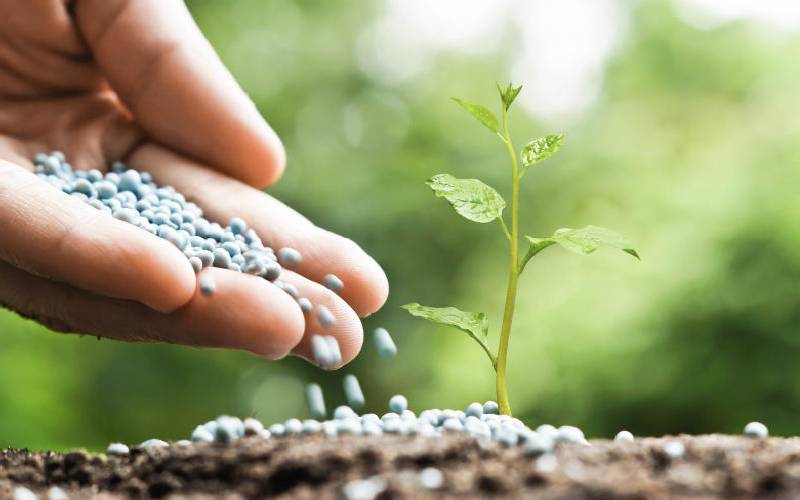×
The Standard e-Paper
Kenya’s Boldest Voice

The Government needs to create awareness on communities’ key role in conservation of natural resources, as more than 70 per cent of the biodiversity is outside protected areas.